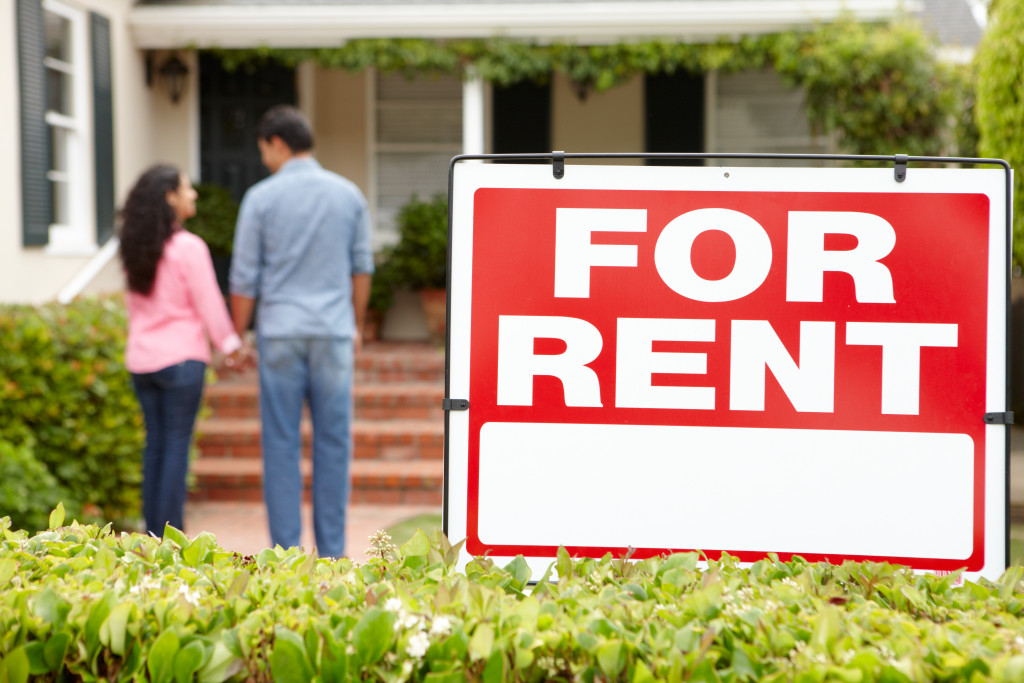- A landlord is an individual or business that owns the property and rents it out to others
- Being a landlord has its advantages and disadvantages, like passive income and upfront costs
- Marketing and advertising are both important for landlords as they are responsible for finding quality tenants
- Landlords also have specific responsibilities, such as providing safe and habitable living conditions.
- Maintaining open lines of communication with tenants and documenting all conversations in writing.
Being a landlord is not just about collecting rent and maintaining a property but also about understanding and upholding certain legal obligations. As a landlord, you must provide your tenants with safe and habitable living conditions, including adequate heating, air conditioning, ventilation, sanitation, lighting, structural integrity, and more. This blog post will discuss the important responsibilities of landlords in greater detail.
What is a Landlord?
A landlord is an individual or business that owns property that they rent out to others. The most common form of property landlords rent is residential housing such as apartments or houses. Landlords are responsible for maintaining their properties and collecting rent from tenants in exchange for living in the space. They can also provide other services like trash removal, snow plowing, or landscaping.
The Advantages & Disadvantages of Being a Landlord
Being a landlord has its benefits and drawbacks. On the one hand, owning rental property provides passive income; instead of working another job to make money, landlords can collect rent from their tenants monthly without actively doing anything. Furthermore, rental properties typically appreciate over time which can result in capital gains when it comes to sell.
On the other hand, being a landlord requires significant upfront costs, ongoing maintenance expenses, and dealing with tenant issues that could arise throughout the year. Prospective landlords must consider both sides before entering into this venture.
Roles of a Landlord
Apart from collecting rent from their tenants, landlords also have specific responsibilities that they must fulfill. These include:
Property Marketing and Advertising

A rental property needs to be marketed if it is to be rented out. Landlords must advertise their property in the right places and create attractive listings that make potential tenants want to learn more. However, this task can be quite daunting, especially if you do not have the right skills to do so.
If this is the case, hiring property management marketing and advertising services would be the best option. These experts can ensure that your property is advertised in the right places, giving you better odds of finding quality tenants.
Property Maintenance
As a landlord, you are responsible for keeping the property in working order by responding promptly to tenant reports of repairs or maintenance issues. This includes providing all necessary services, such as plumbing repairs or electrical wiring checks.
You must also ensure that all safety equipment, such as smoke detectors and fire extinguishers, are up to code and functioning properly. Additionally, you must ensure that the building meets local building codes and regulations by conducting regular inspections or bringing in an inspector if needed.
Tenant Rights
It is essential for landlords to understand their tenants’ rights so that they can protect them from any potential issues. This includes ensuring their tenants access safe housing free from discrimination or harassment.
It is also essential for landlords to be aware of state laws governing rental agreements so that they can draw up legally binding contracts with their tenants. Furthermore, landlords are responsible for providing copies of all rental agreements upon request and informing their tenants of any changes made to the agreement, such as lease renewals or rent increases.
Communication and Documentation

Landlords should strive to maintain open lines of communication with their tenants by providing prompt responses when contacted about issues related to the property or rental agreement. It is also important for landlords to document all conversations with tenants in writing, so they have evidence should disputes arise later on down the line.
Finally, landlords must inform their tenants of any changes made to the rental agreement, such as late fees or pet policies, so that everyone is on the same page when it comes time for those provisions to be enforced.
Being a landlord requires more than just collecting rent each month; it involves being aware of legal requirements and staying on top of property maintenance tasks. It also requires understanding tenant rights and communicating openly with renters regarding changes made to rental agreements or other issues related to living on your property. By understanding these responsibilities now, you will be better prepared when it comes time for you take on your role as a landlord in the future!
